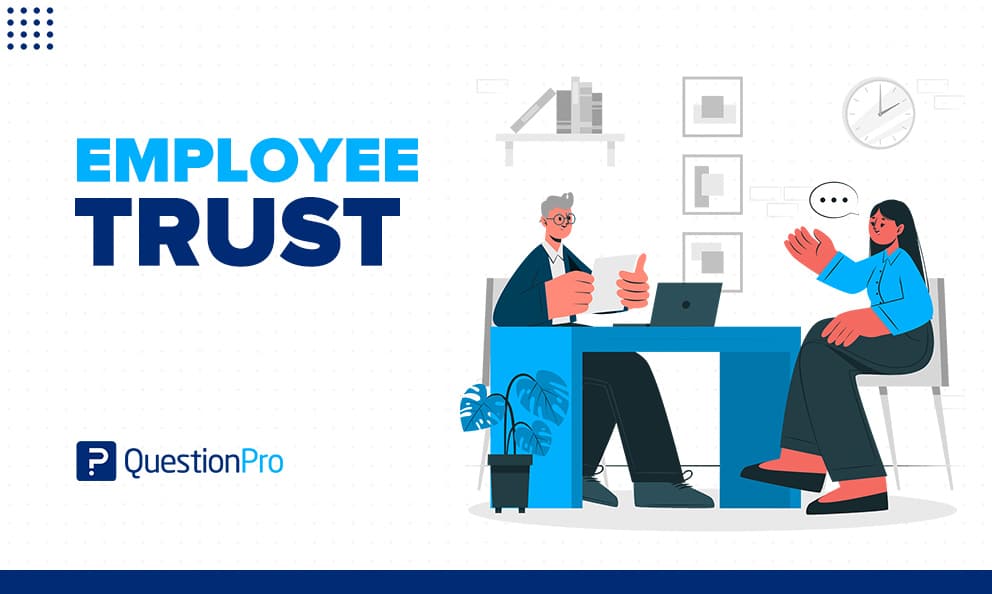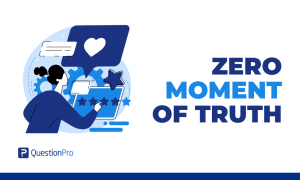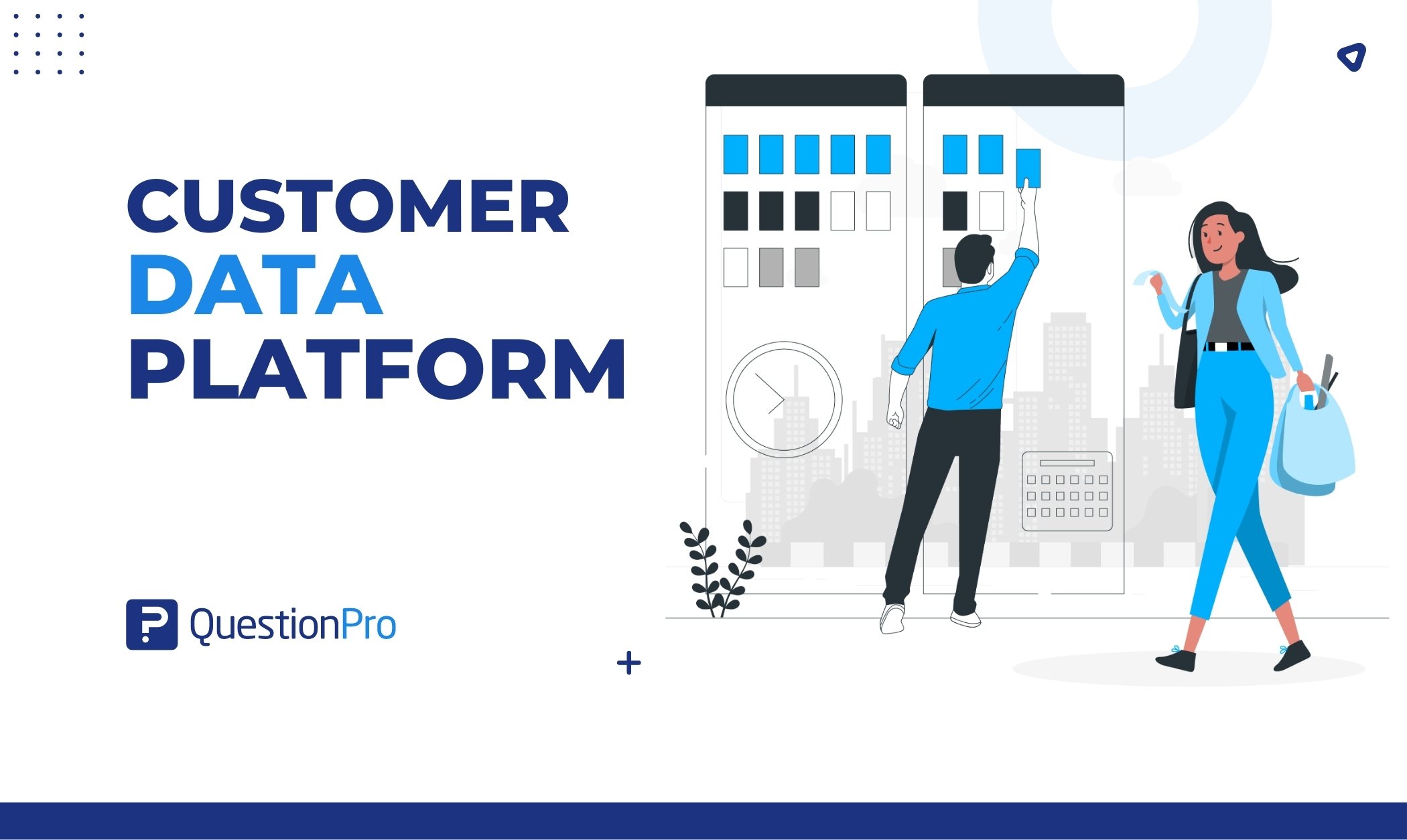
Building employee trust is important for the long-term success of your business. Employees who trust their managers can be sure that the company is going in the right direction. They will probably be more willing to do whatever it takes to help managers reach their goals.
One mistake can cause you to lose the trust you’ve worked so hard to build. The company must first earn staff trust, and then the staff must keep it up. And if you lose their trust, you’ve lost a valuable business asset.
In this blog post, we’ll discuss why building trust at work is more important than ever.
What is employee trust?
Employee trust is the particular morale that some companies may offer as a benefit. Employers can set up different types of trusts for the benefit of their employees.
Before understanding trust in employees, you need to know the basics of how trust works. Trust is a legal arrangement in which one person, called the trustee, holds and manages assets for those who benefit from the trust. The word for these people is “beneficiaries.”
And when staff trust is set up, the people who benefit are the employees. Former employees of a company may also be included as beneficiaries. Most employee trusts are voluntary. This means that the trustee has a lot of say over how the trust is run and often decides who gets shares and when they get them.
LEARN ABOUT: Employee Care
Employee Stock Ownership Plan (ESOP) is an example of trust in employees. In this type of arrangement, the employer contributes to the trust. In certain cases, a company may contribute shares as an alternative to or in addition to cash. The trustee is tasked with purchasing stocks for the employee’s belief, managing investments, and allocating shares.
Why is employee trust important?
Here are four reasons why trust in employees is essential to your company’s success.
-
Employee trust increases productivity.
Employees in high-trust organizations are given the freedom to do their jobs. They let their employees do what they think is best after clearly outlining their expectations. According to a Citigroup/LinkedIn survey, 64 percent of employees would rather take a 10 percent raise than give up more control over their work. Building a self-sufficient team, on the other hand, necessitates a high level of trust. It’s important for managers and employees alike to have faith in each other, and for managers to have faith in their employees’ abilities and commitment.
-
Trust enables collaboration
Collaboration is the lifeblood of today’s workplaces. Numerous studies have shown that diverse teams are better able to solve problems and develop new solutions than a single individual. That’s something that any company would want to promote, right?
In order for such collaboration to be successful, employee spotlight and trust must be established on multiple levels. Team members must first have faith in their coworkers’ ability to complete their share of the work to a high standard. They must also have faith in their coworkers’ ability to meet agreed-upon deadlines. Collaborative efforts fail when one person ends up doing everything. Because they can’t rely on the other members of the group to carry their share of the load.
Employees need to have faith that their contributions will be recognized when they work on a team. Praising your ideas is a great motivator, but having them stolen is demoralizing and infuriating at the same time. Teams with a high degree of mutual trust are more likely to give credit where credit is due. That helps to keep collaboration moving along smoothly.
-
Trust promotes innovation and creativity.
When employees are allowed to try out different ways to solve problems, innovation happens.
Even here, trust between team members is a must-have for success. People will be less likely to suggest new ideas if pointing out places where things could be better is seen as being a troublemaker. Managers need to show that they trust their employees by being open to all ideas. Even the ones that cause them to feel apprehensive.
Trust is even more important when it comes to coming up with solutions. Team members won’t share their ideas if they think their coworkers will ignore them or even make fun of them. Some of the best ways to make money may seem crazy at first. If you don’t respect the people who come up with them, your business will suffer.
-
Trust helps to solve conflicts
Think of someone you really trust. Do you always agree with them? Chances are you don’t. Even the happiest married couples and long-time business partners have problems. The reason their relationships last is that they trust each other. They let that trust move them toward resolution instead of anger.
As a business leader, the last thing you want to do is to babysit your employees. Even though you care about them, you have more important things to do than get in the middle of small fights. When trust is established between coworkers, they are better able to solve problems on their own.
Obviously, when fights get out of hand, you’ll have to step in. But most of the time, a high-trust team will be able to solve small problems without your help. They will grow on their own and get closer to each other every day.
Conclusion
Developing employee trust is essential for organizations that want to focus on larger projects and achieve their stated goals and objectives. Trust is the cornerstone of every growing organization. Employee engagement depends on clear expectations, shared values, and a common understanding of what constitutes success at work.
QuestionPro Workforce is our employee experience management software. With it, you can learn how to obtain continuous feedback from your employees and begin making a positive impact within your organization.







